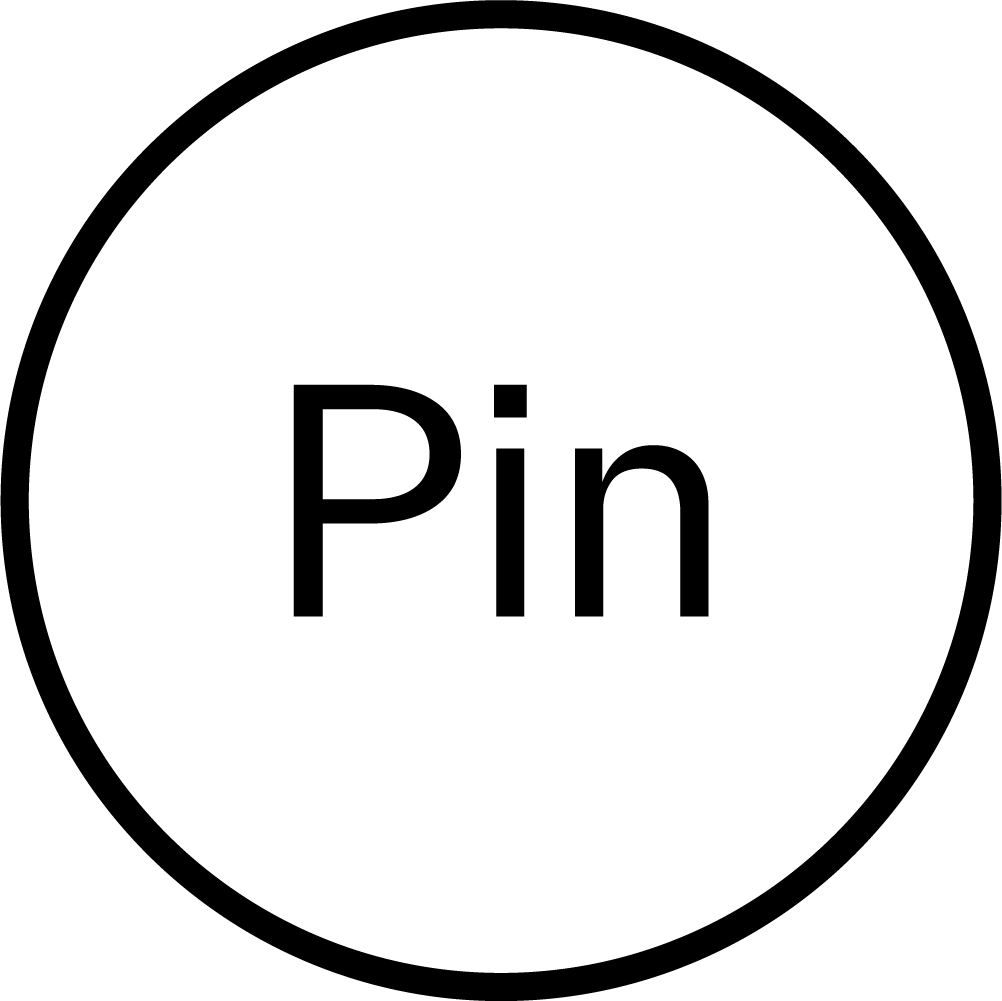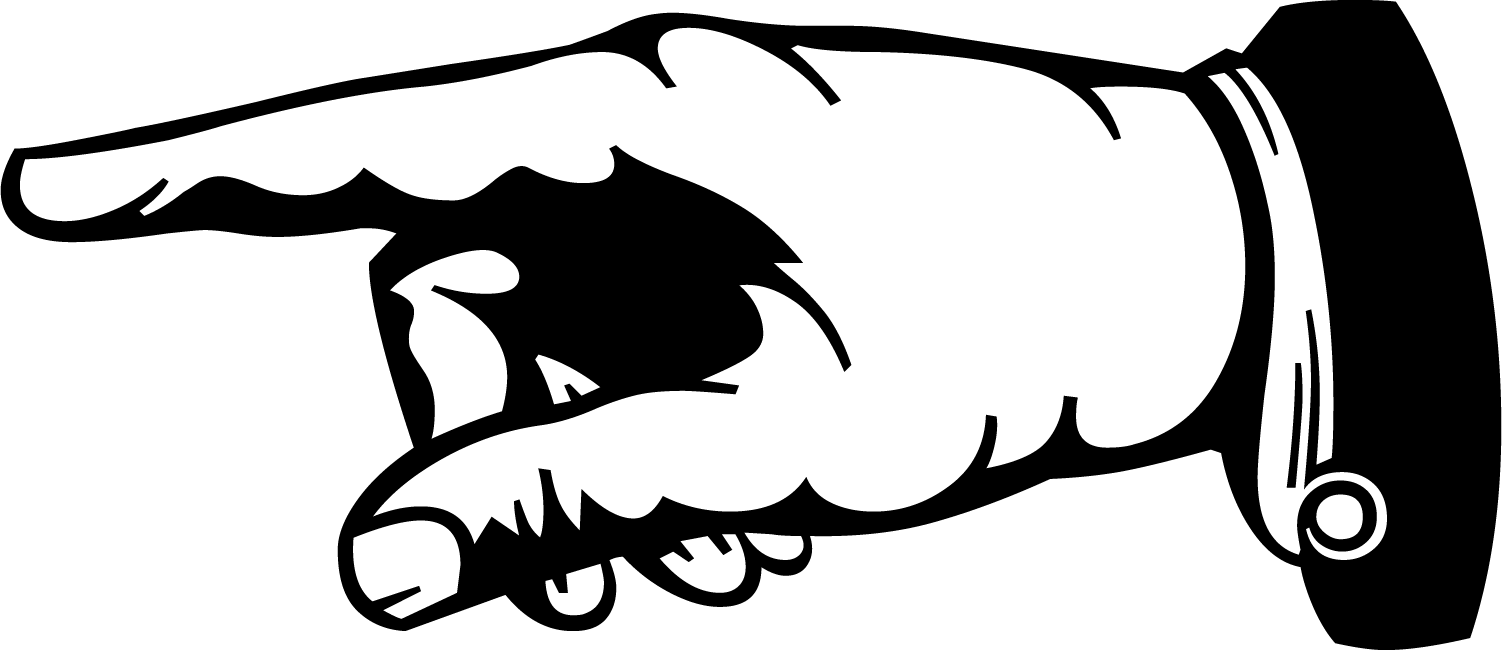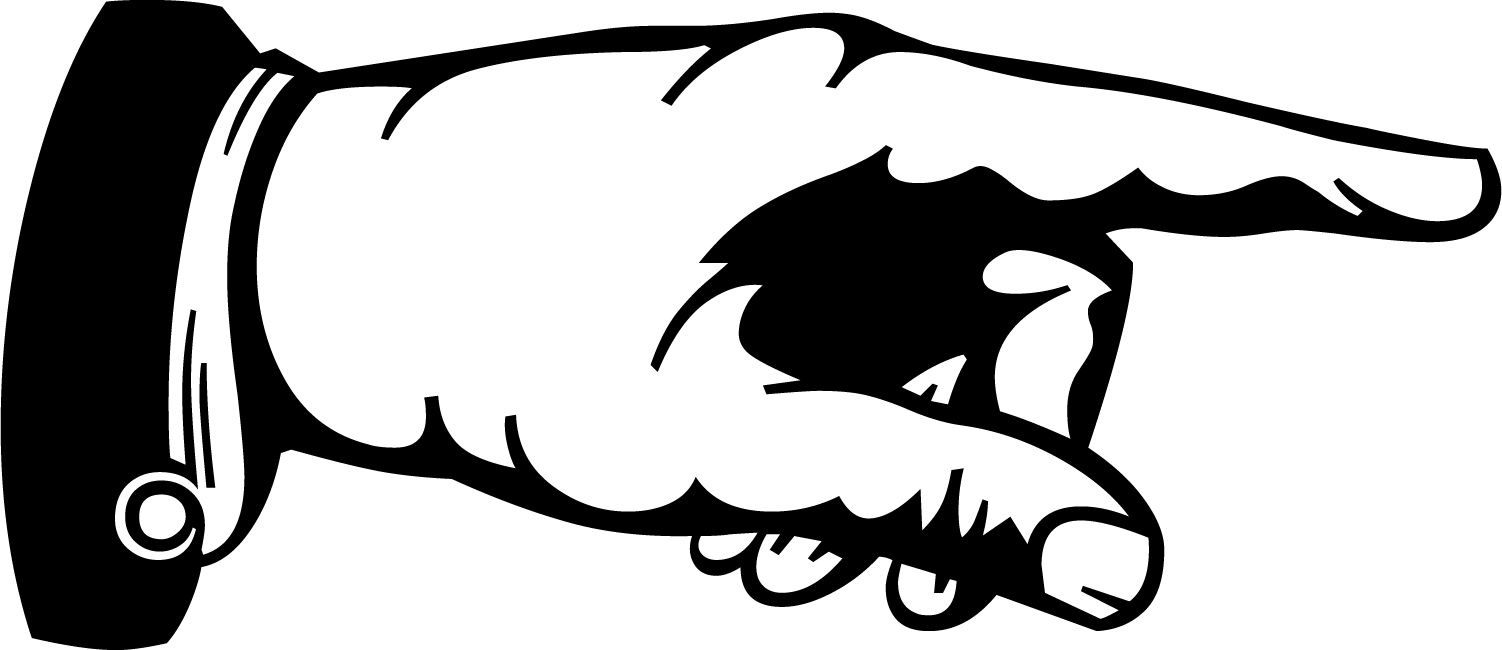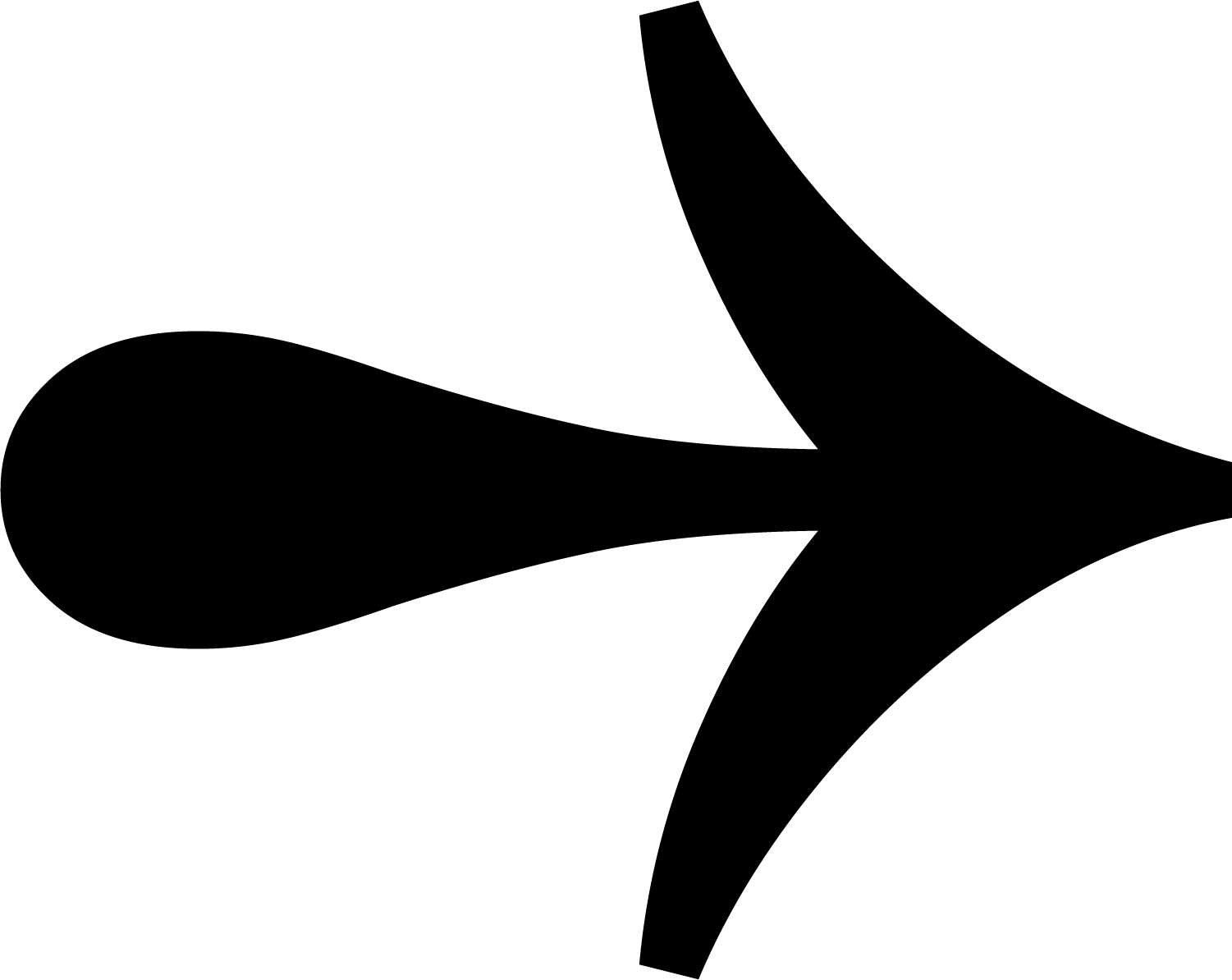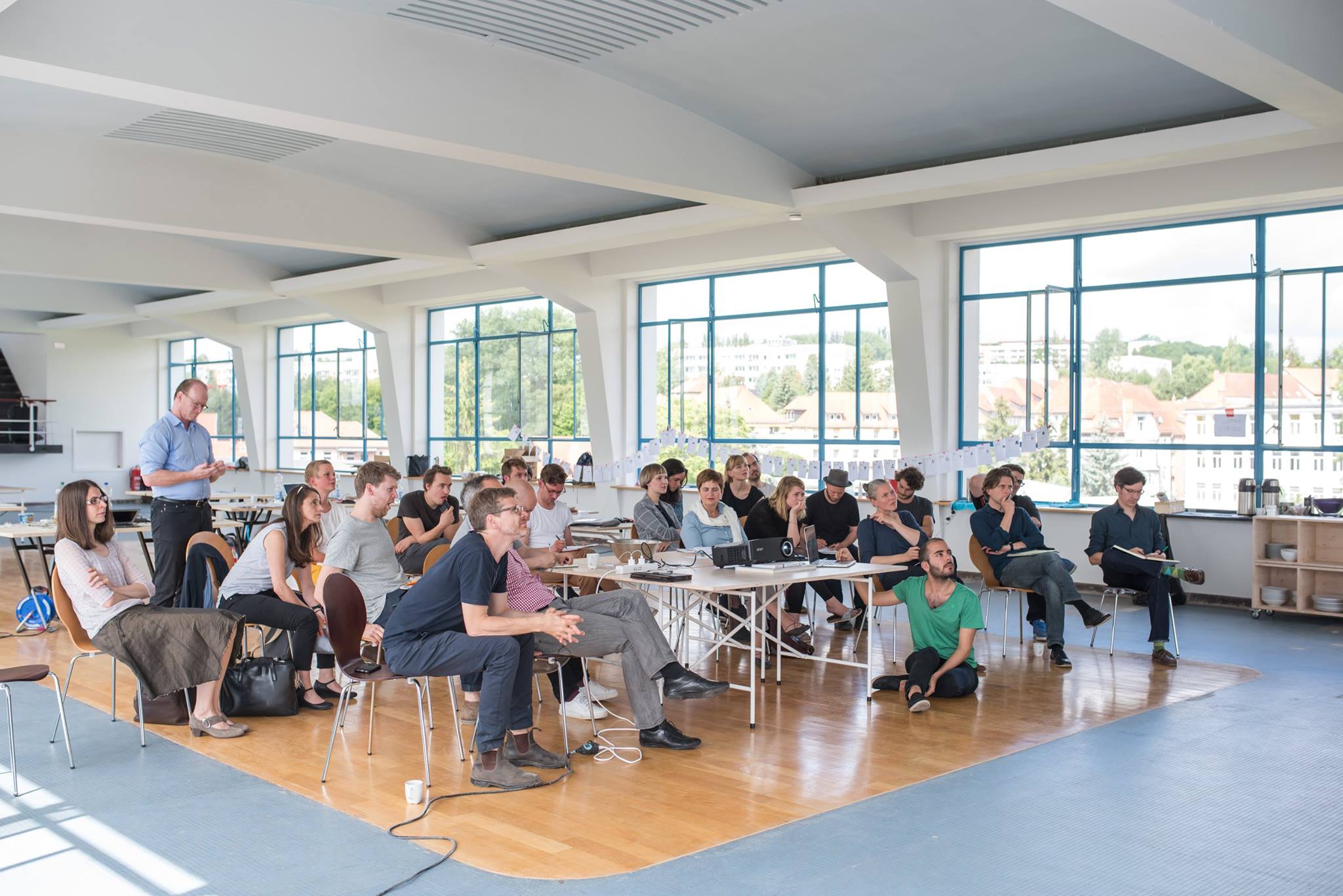
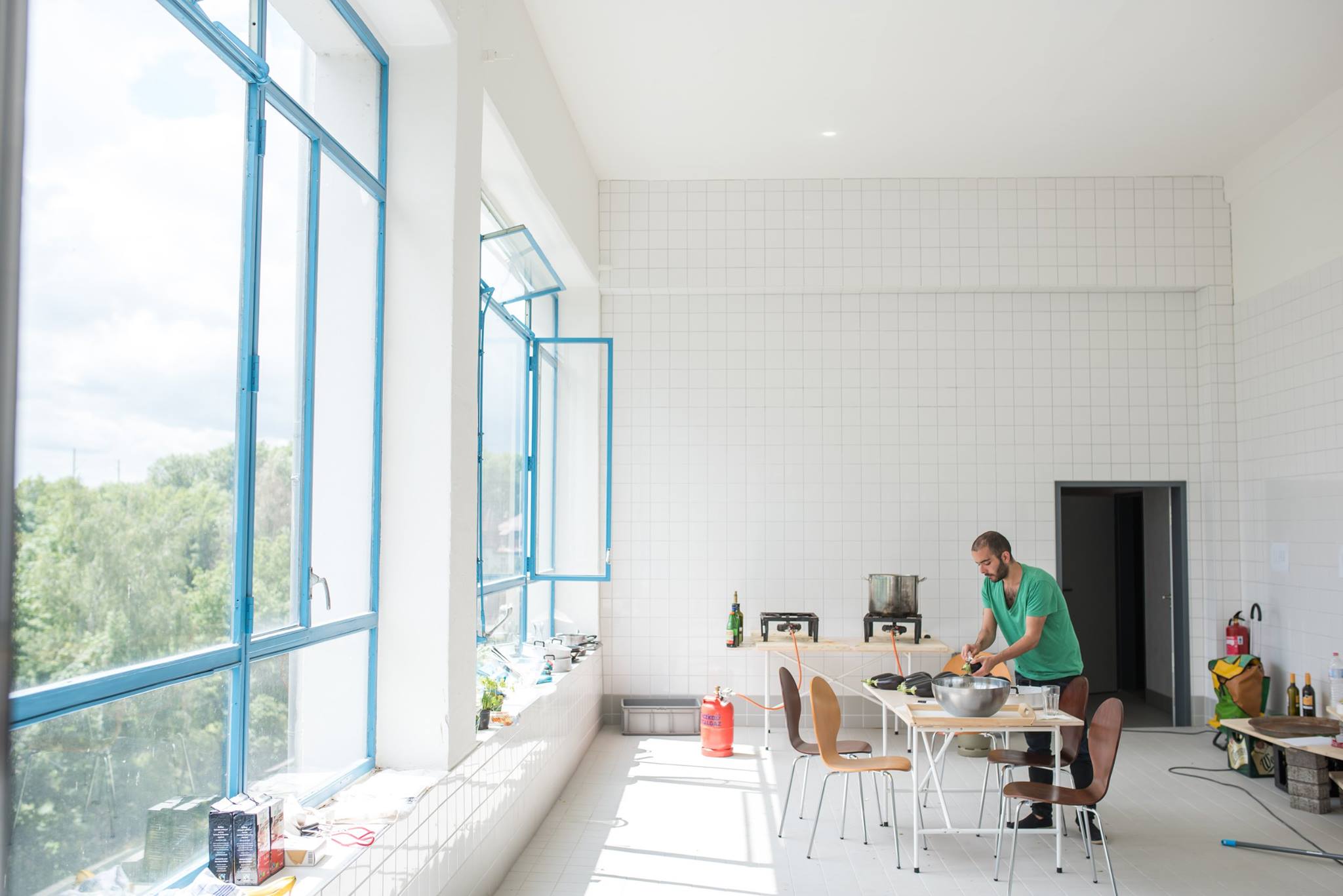
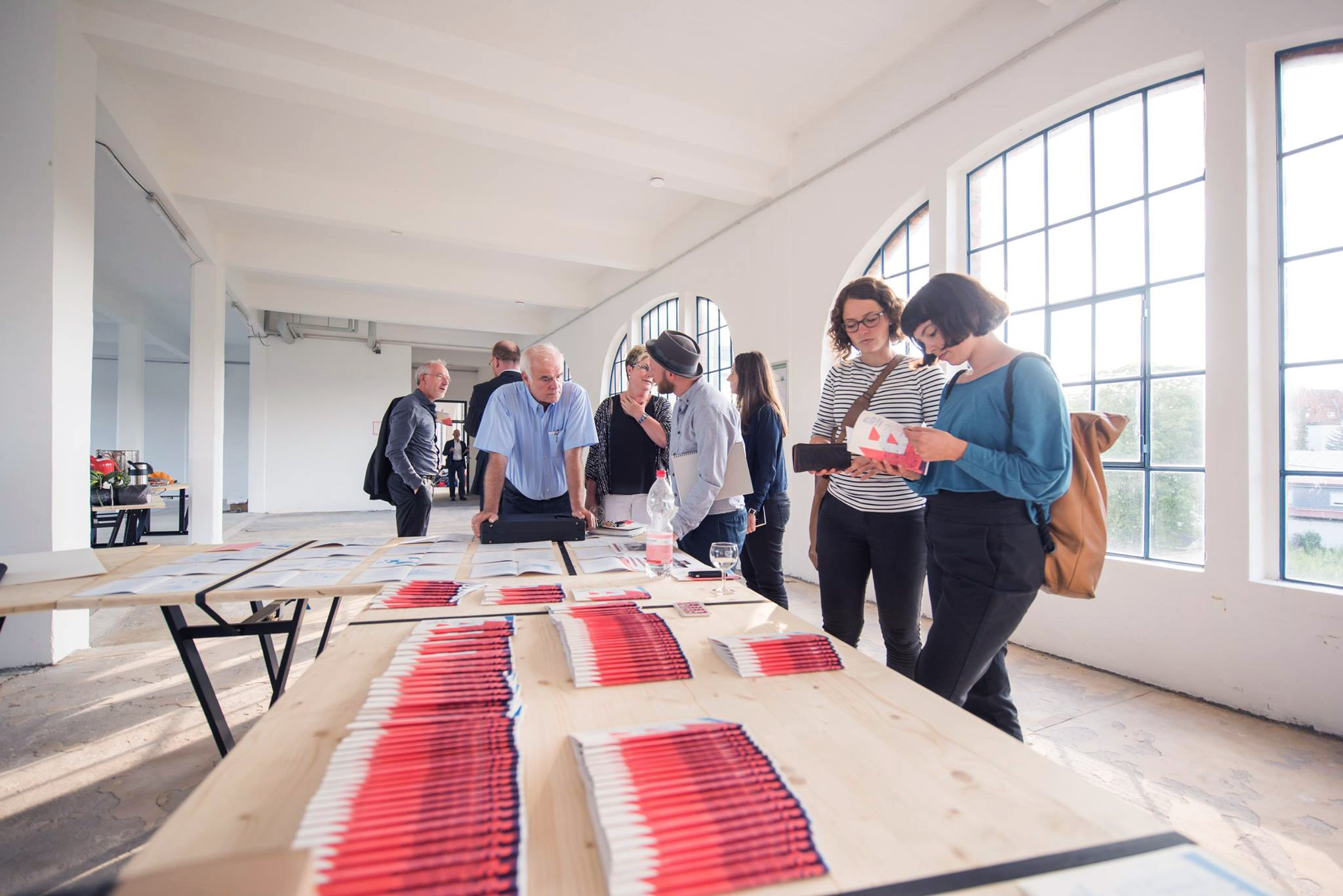
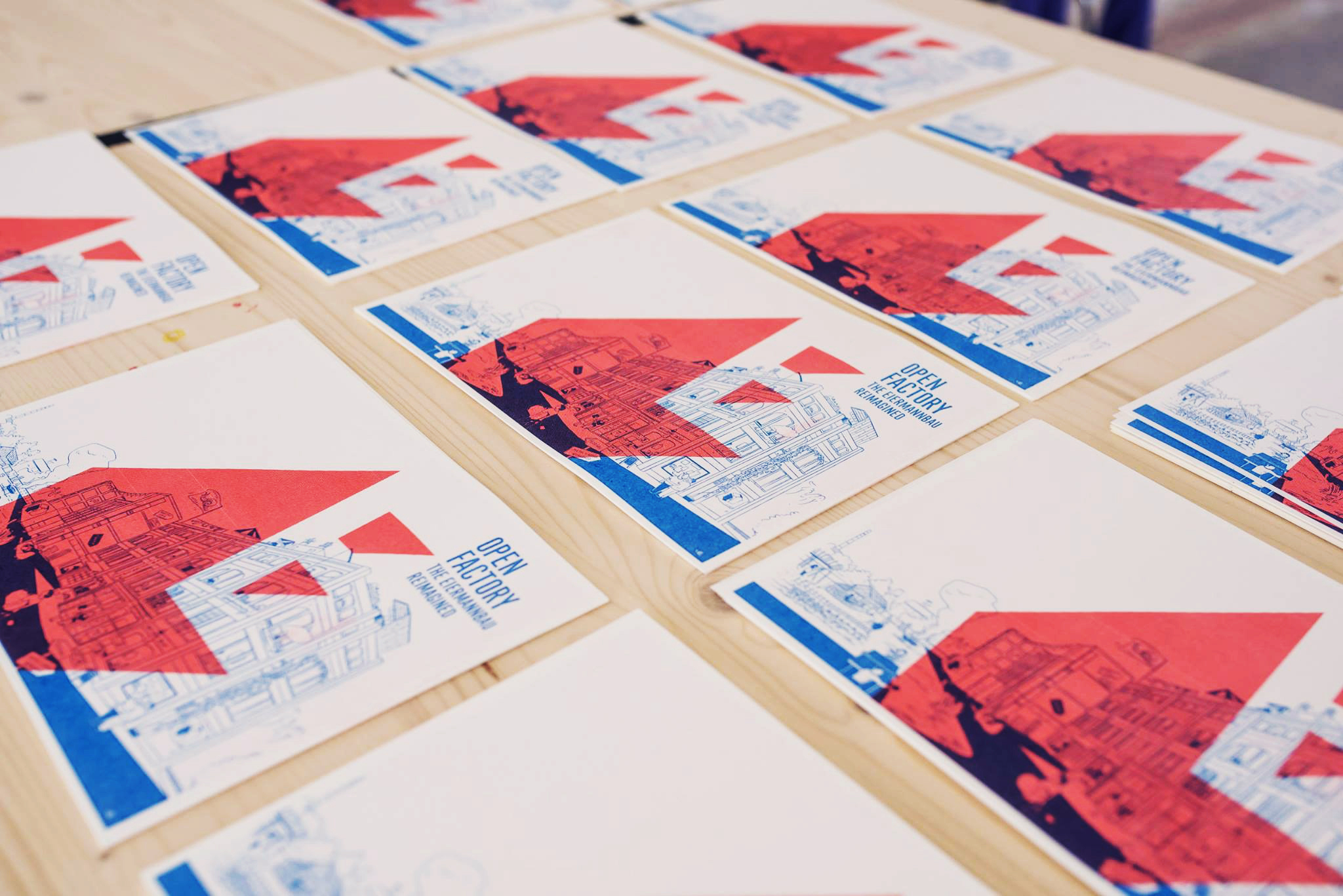
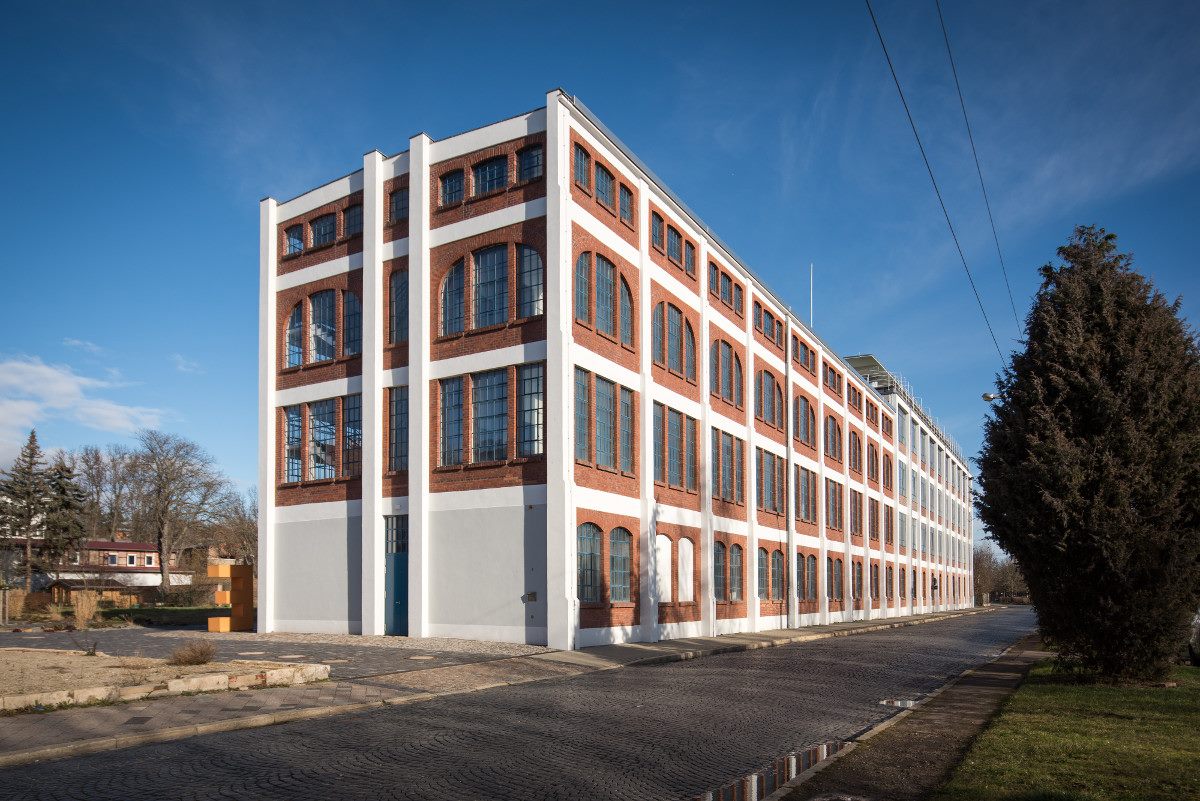
The Eiermannbau as an icon of industrial culture is consistently developed by the IBA under its own responsibility. With its own project, the IBA Thuringia itself shows how vacancies can be stimulated in an imaginative, activating and sustainable way. The special contractual form of the information, which was chosen between the owner LEG Thuringia and the IBA Thuringia as the general tenant until 2023, is new and reduces risk. This, but also the fact that the property remains in public hands, are important prerequisites for successfully developing locations in structurally weak areas - Andrea Hofmann, Advisory Board IBA Thuringia.
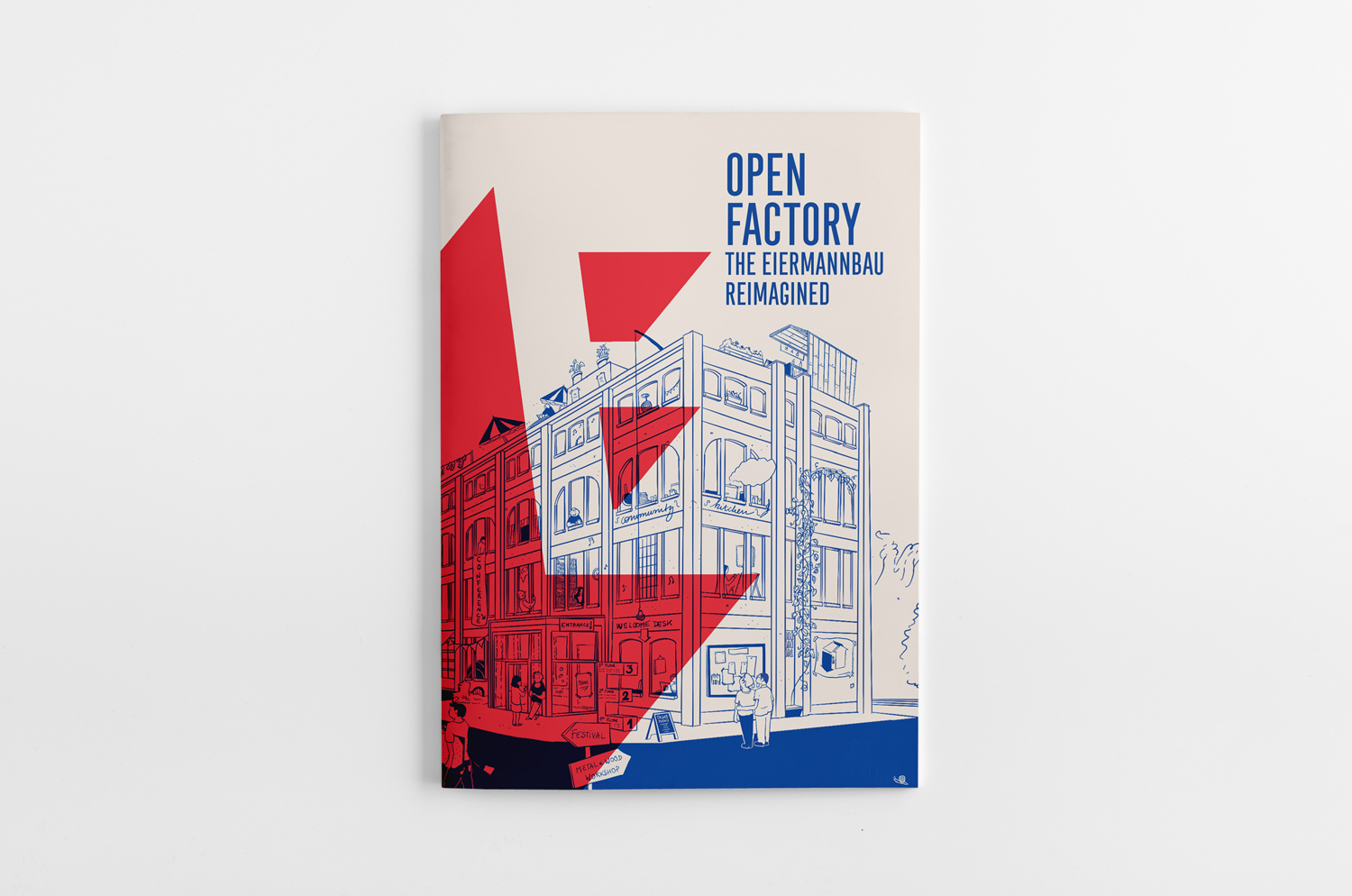
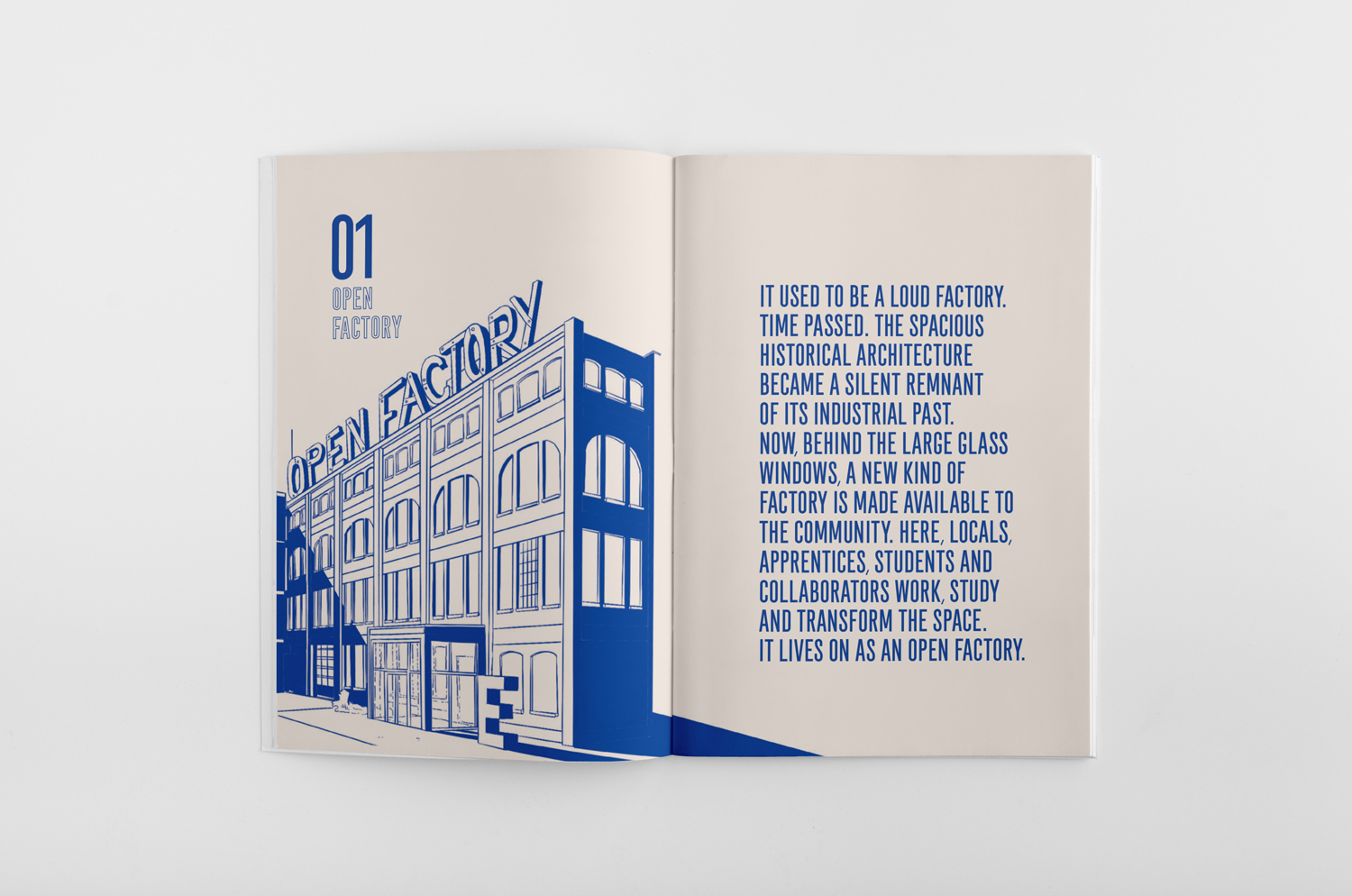
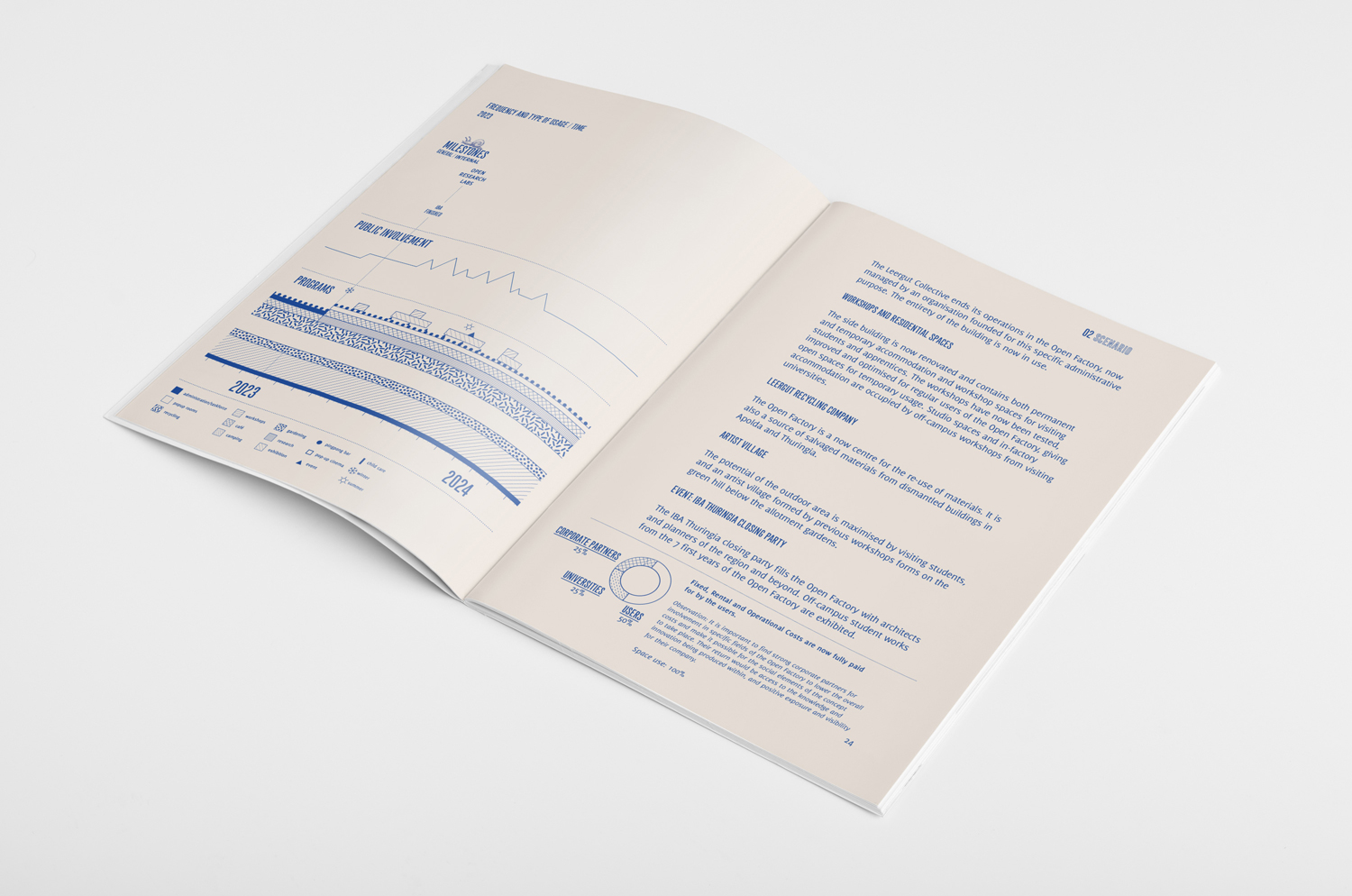
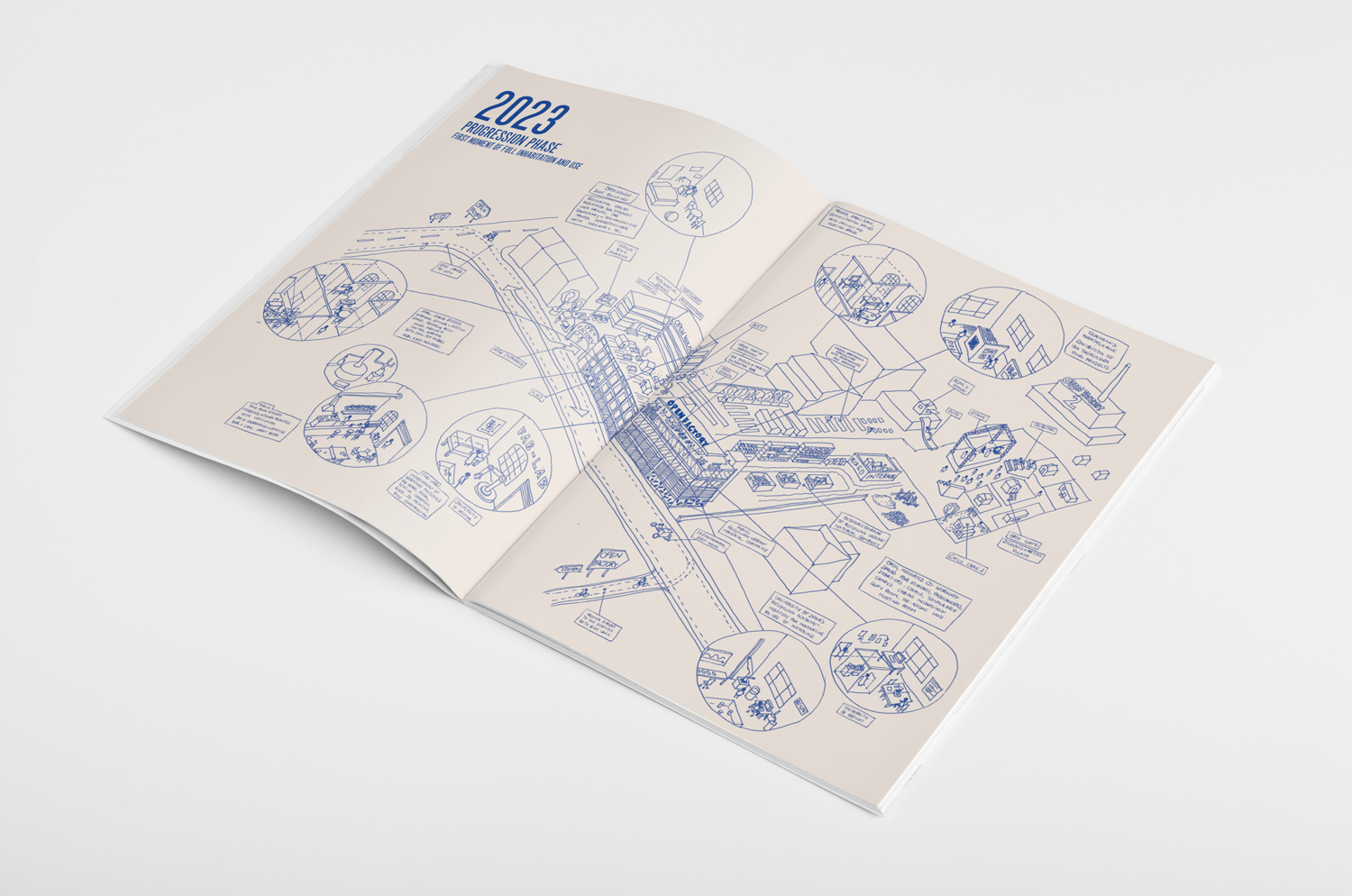
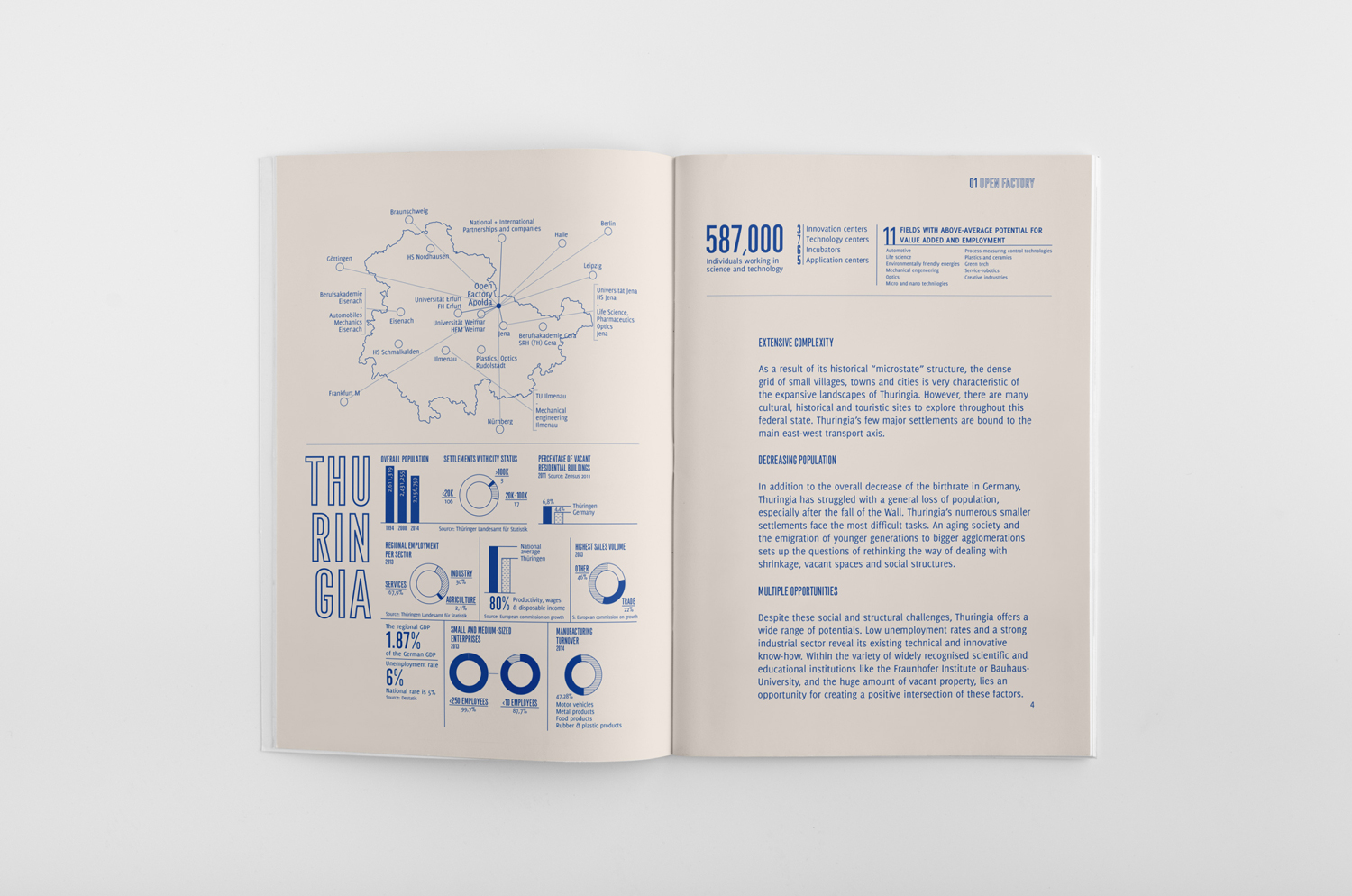
IBA Campus
Time: 10 Days
N. of participants: 15
The annual IBA Campus brought together experts from different disciplines and nationalities, a temporary international collective reimagining the function of the locale. The project called to rethink, repurpose and re-energize the Eiermannbau building in Apolda, Germany.
The final proposal relaunched the Eiermannbau as an ‘open factory’ that fosters communal engagement; locals, apprentices, students and collaborators will work, study and transform the space. What opens the factory is not just the re-use of the massive space, but also the many complementary fields coming together: education, production, cultural and social. Both the inside and outside of the open factory will operate as an off-campus workspace for the educational institutions in the Thuringia region and across the world. What was previously an assembly line is now a collaborative, self-sustaining economy providing possibilities for Apolda and Thuringia.
Fieldwork is always a challenge and a debatable topic within the creative industries, especially at times when social design is being misused as a cover-up for self-promotion amongst designers. I believe in working within real contexts and learning from found examples rather than projections, and the IBA campus was an opportunity for an exchange of knowledge, bridging my interests in urbanism and socio-politics with my background as a designer coming from the Middle East.
Organized by IBA Thüringen and Wüstenrot Stiftung
Campus members: Marius Busch, Sofia Dona, Arild Eriksen, Jurek Fahrenholt, Martin Fink, Andreas Foidl, Katja Fischer, Frederik Fuchs, Imad Gebrayel, Christiane Haas, René Hartmann, Assaf Kopper, Andreas Krauth, Andreas Krüger, Suzanne Labourie, Andreas Lenz, Christof Mayer, Martje Mehlert, Tainá Moreno, Nina Peters, Helena L. Pooch, Natalia Irina Roman, Sina Schindler, Juliane Schupp, Lennart Siebert, Matthias Weis, Matthew Xue
IBA Campus
Time: 10 Days
N. of participants: 15
For two weeks 26 young people from Germany and abroad made the Eiermannbau in Apolda their home. Their task was to rethink, repurpose and reenergize the building.
The annual IBA Campus brought together experts from different disciplines and nationalities, a temporary international collective reimagining the function of the locale. The project called to rethink, repurpose and re-energize the Eiermannbau building in Apolda, Germany.
The final proposal relaunched the Eiermannbau as an ‘open factory’ that fosters communal engagement; locals, apprentices, students and collaborators will work, study and transform the space. What opens the factory is not just the re-use of the massive space, but also the many complementary fields coming together: education, production, cultural and social. Both the inside and outside of the open factory will operate as an off-campus workspace for the educational institutions in the Thuringia region and across the world. What was previously an assembly line is now a collaborative, self-sustaining economy providing possibilities for Apolda and Thuringia.
Fieldwork is always a challenge and a debatable topic within the creative industries, especially at times when social design is being misused as a cover-up for self-promotion amongst designers. I believe in working within real contexts and learning from found examples rather than projections, and the IBA campus was an opportunity for an exchange of knowledge, bridging my interests in urbanism and socio-politics with my background as a designer coming from the Middle East.
Organized by IBA Thüringen and Wüstenrot Stiftung
Campus members: Marius Busch, Sofia Dona, Arild Eriksen, Jurek Fahrenholt, Martin Fink, Andreas Foidl, Katja Fischer, Frederik Fuchs, Imad Gebrayel, Christiane Haas, René Hartmann, Assaf Kopper, Andreas Krauth, Andreas Krüger, Suzanne Labourie, Andreas Lenz, Christof Mayer, Martje Mehlert, Tainá Moreno, Nina Peters, Helena L. Pooch, Natalia Irina Roman, Sina Schindler, Juliane Schupp, Lennart Siebert, Matthias Weis, Matthew Xue

The Eiermannbau as an icon of industrial culture is consistently developed by the IBA under its own responsibility. With its own project, the IBA Thuringia itself shows how vacancies can be stimulated in an imaginative, activating and sustainable way. The special contractual form of the information, which was chosen between the owner LEG Thuringia and the IBA Thuringia as the general tenant until 2023, is new and reduces risk. This, but also the fact that the property remains in public hands, are important prerequisites for successfully developing locations in structurally weak areas - Andrea Hofmann, Advisory Board IBA Thuringia.










